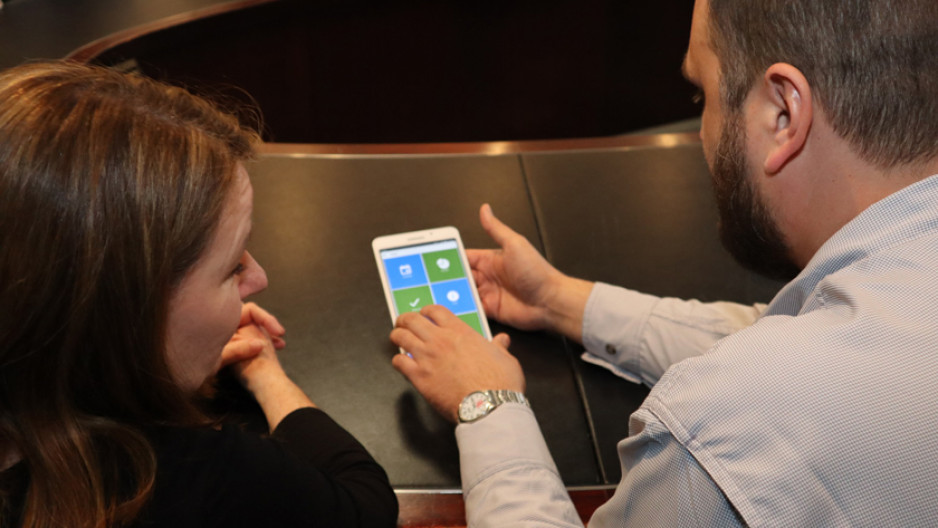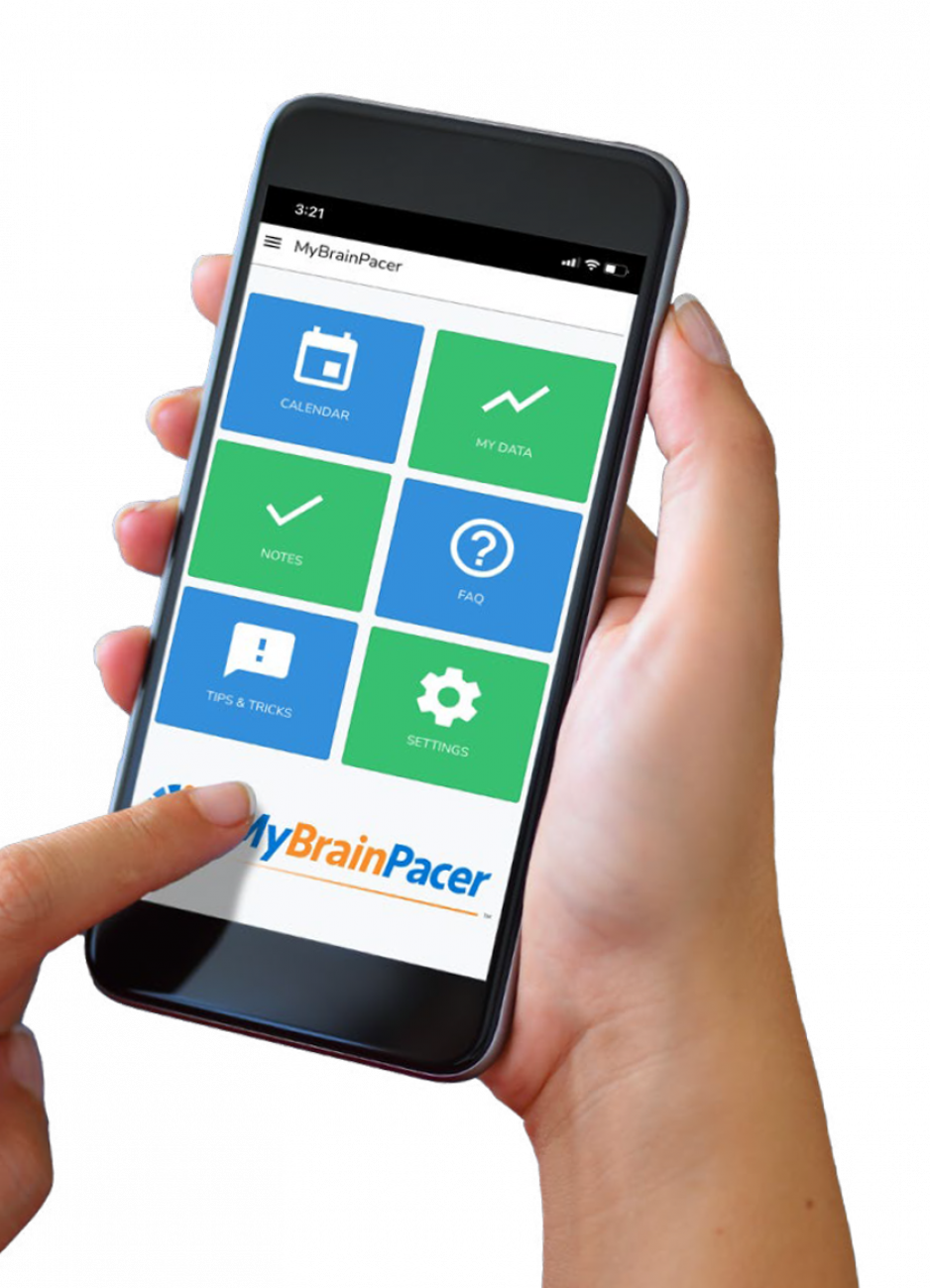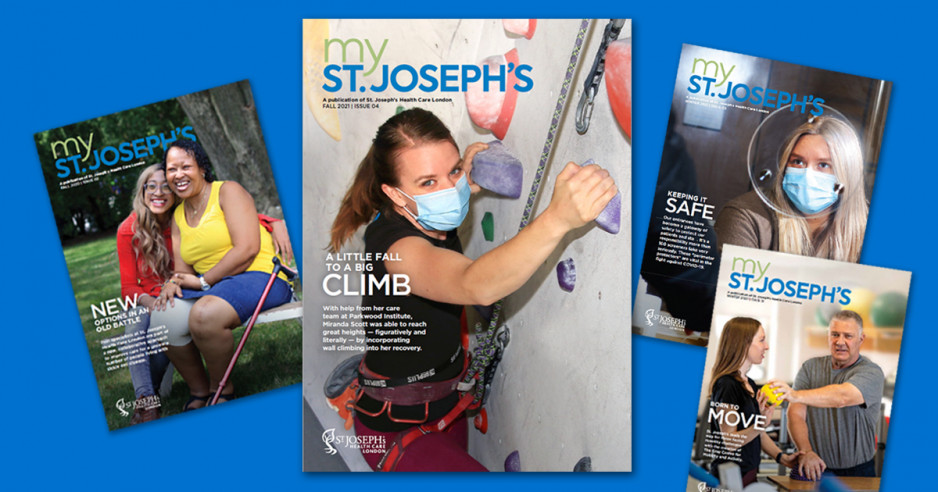Taking Control One Pace at a Time
After an intense workout two years ago, Cindy Vanderveen began noticing an array of debilitating symptoms she thought were signs of a stroke.
“I had issues with my vision; everything looked distorted. I had problems speaking and couldn’t eat or drink without choking on my food,” explains Cindy. “Everything I used to enjoy doing - gardening, cycling, working - it just stopped and my entire life was put on hold.”
What the 42-year-old knows now is she was experiencing symptoms of a mild traumatic brain injury (mTBI). After multiple concussions over the years, she was struggling with post-concussion syndrome.
Mild traumatic brain injuries, including concussions, may come with lasting effects that can alter a person’s life. Although a person with a mTBI may appear fine on the outside, many have to pace their day-to-day activities in order to allow the time needed for the brain to properly heal.
Cindy was referred to Acquired Brain Injury (ABI) Rehabilitation Program at St. Joseph’s Health Care London (St. Joseph’s) where she was encouraged to try a new research tool called MyBrainPacer™App, created to better assist and treat those living with a mTBI.
The app was developed at Lawson Health Research Institute – the research institute of St. Joseph’s – and made possible by funding provided by the Cowan Foundation and other community supporters through St. Joseph’s Health Care Foundation.
“By documenting activity levels over time, patients and their clinicians can better understand what activities are linked to worsening symptoms, which they can then avoid,” explains Dalton Wolfe (PhD), Lawson scientist.
The online application is part of a study allowing Dalton and his team to track the efficacy of the app. Much like point tracking used by dieters to monitor food choices, those using MyBrainPacer™ App can assign values to tasks like driving, grocery shopping, screen use and exercise so they can plan and pace their daily activity. Individual users are given a total number of points per day that will keep their persisting symptoms in the ‘safe range’. As users track their symptoms through the app, the app adjusts the daily point value to what is best for the user. The app is based on St. Joseph’s Pacing and Planning Program, which has helped hundreds of concussion patients achieve their recovery goals.
“By putting the app in the hands of patients and the clinicians who treat them, it has the potential to give us data that traces the recovery patterns of patients and how that relates to the activities they participate in over time,” Dalton adds. “This will enable us to document safe levels of activity for persons with specific characteristics or symptom profiles, which could be the key to unravelling better treatment strategies.”
After using the app for some time, Cindy has noticed some significant changes.
“In the beginning I wasn’t able to drive farther than five minutes at a time,” she explains. “Once I began to use the app to plan and track my activities, my symptoms dramatically decreased.”
Currently, anyone with a mTBI can enroll as a study participant on the MyBrainPacer™ App and use the tool. The research team is hoping to enroll about 5,000 users to allow for a large evaluation population.
“Without the app, there is no way to keep track of the hundreds of trajectories of patient recoveries,” says Dalton. “This information is vital to understand what is working for future therapeutic approaches.”
Anyone interested in using the MyBrainPacer™ App can do so by visiting mybrainpacer.ca.


